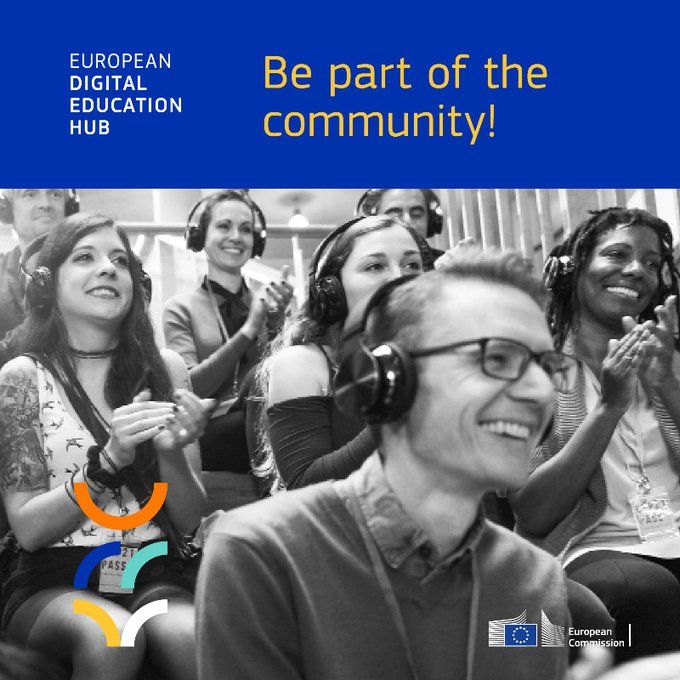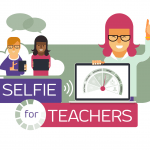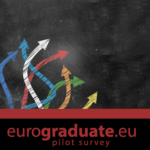What is the European Digital Education Hub?
The Digital Education Hub Community of Practice takes place within the framework of the European Education Area. It focuses its work on the following pillars:
- Creating a collaborative community of practice
- Knowledge-sharing and mapping
- Accelerating innovation in digital education
The Hub’s third pillar accelerating innovation in Digital Education is crucial for our future generations. In order to ensure the quality and inclusivity of digital education and training, it is to accelerate and dedicate more resources to this cause.
European Education Area explained
Why are we building the European Education Area?
Education is the foundation for personal fulfilment, employability and active, responsible citizenship. It is essential to the vitality of European societies and economies. Access to quality and inclusive education, training and lifelong learning is a right for all citizens, as enshrined within the European Pillar of Social Rights.
The COVID-19 pandemic has further highlighted that it is essential to prevent structural barriers to learning and skills development from impacting citizens’ employment prospects and participation in society.
The European Education Area will work in synergy with the European Skills Agenda and the European Research Area to harness knowledge, making it the foundation of Europe’s recovery and prosperity.

Pathways to School Success: Commission presents concrete measures to improve educational outcomes |
Focus areas for collaboration
The European Commission and European Union (EU) Member States are working to achieve their collective vision for a European Education Area by focusing their efforts on
- improving quality and equity in education and training
- teachers, trainers and school leaders
- digital education
- green education
- the EEA in the world
See what the EU is doing at each education level
- early childhood education and care
- school education
- higher education
- adult learning
- vocational education and training
A reinforced approach to achieving the EEA
The idea to create a European Education Area was first endorsed by European leaders at the 2017 Social Summit in Gothenburg, Sweden. The first packages of measures were adopted in 2018 and 2019.
As a result of decades of close cooperation, significant progress has already been made, with
- almost 95% of children attending early childhood education from the age of 4
- more than 40% of young adults acquiring a higher education qualification
- almost 90% of young people leaving education with either an upper secondary diploma or enrolment in training
- 80% of recent Erasmus+ graduates gaining employment in less than 3 months after graduating
These results represent strong progress, but further work is still required, in particular concerning
- the share of 15-year-olds with low ability in reading, maths and science
- the participation of adults in learning
Join here the community of the European Digital Education Hub.







Leave a Reply